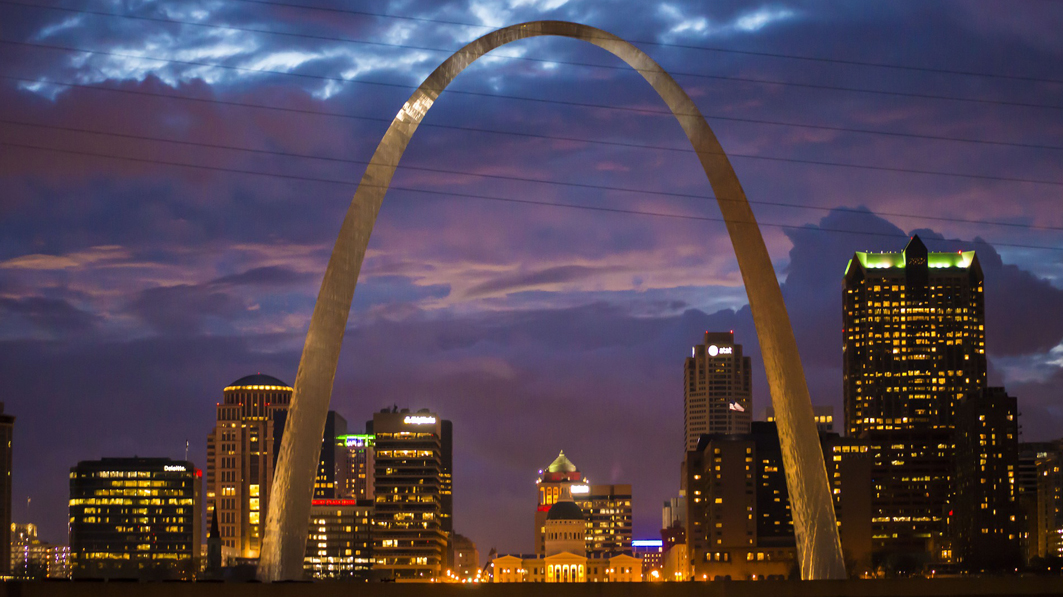Delegates at a United Methodist Church (UMC) Special General Conference voted on Tuesday, February 26, to reaffirm the church’s traditional, biblical sexual ethic. The denomination rejected a plan that would have allowed homosexual unions and gay-identified clergy members.
Garry Ingraham directs two ministries that equip pastors and Christian leaders to develop safe and transformational environments in their churches for those struggling with sexual issues – including homosexuality. The Love and Truth Network works more broadly with pastors of all denominations, while Transforming Congregations is a ministry within the United Methodist Church.
Ingraham attended the event and wrote this about the historic vote: “The United Methodist Church just affirmed (again) the beautiful and precious plan for natural male/female marriage that Jesus affirms in Matthew 19.”
The special conference was called to deal specifically with conflict in the denomination over the issue of homosexuality. The United Methodist Church’s Book of Discipline states that “The practice of homosexuality is incompatible with Christian teaching.” But activist bishops, clergy and churches had flouted this rule, performing same-sex union ceremonies and ordaining gay- and lesbian-identified ministers and bishops.
Ingraham said that the conference started on a high note, “Early on there were a number of warm and gracious moments of greetings and exchange between people who supported the traditional plan and the LGBTQ observers.”
Delegates from around the world were presented with a variety of plans to address ongoing disagreements within the denomination over same-sex relationships. The two main competing proposals were the “One Church Plan” and the “Traditionalist Plan.”
The One Church Plan would have removed the language from the Book of Discipline about homosexuality. It also would have allowed the ordination of gay-identified clergy and removed prohibitions of same-sex unions in churches – in districts and churches that chose to do so.
At the same time, this plan would have protected the rights of churches and districts that chose not to ordain gay-identified clergy or host same-sex unions. In essence, churches holding to the Bible’s teaching on sexuality and marriage would have remained in the denomination alongside churches that reject those teachings. Despite being supported by the UMC Council of Bishops – and by many U.S. delegates – this proposal was rejected, 55% to 45%.
Instead, the conference approved the Traditionalist Plan by a vote of 53% to 47%. This plan retains the denomination’s stance on homosexuality and continues the prohibition of same-sex marriages and ordination of gay-identified clergy. The plan also attempts to enforce these prohibitions more forcefully. In addition, the conference approved a generous Exit Plan. This allows churches who disagree with the decision, and vote with a 2/3 majority to leave the UMC, to retain their property.
Ingraham said that a key factor in the vote was “the orthodox, evangelical churches in the U.S. and worldwide – particularly the African UM churches that were unwilling to compromise and water down the gospel.” The UMC has 12.5 million members worldwide, with 6.8 million in the U.S., so international delegates made up 41% of the convention. Around the world, the largest membership is in African countries. The international churches are generally more orthodox, holding to biblical teaching about marriage and sexuality.
As it became clear that the Traditionalist Plan would pass, tension at the conference heightened. Ingraham said that on the final day of voting, “Large groups of LGBTQ observers engaged in frequent disruptions by yelling and singing during the proceedings. On one occasion the chant “stop the farce” was yelled out continually by one group of LGBTQ people and supporters during the conference for at least 30 minutes. The mood was very tense by the end of the conference.”
Even if churches that reject biblical truth about sexuality leave the denomination, Ingraham believes some will remain and continue to focus on their agenda, “Sadly, I imagine when the next scheduled general session happens in 2020 the attempt to bless and legitimize LGBTQ marriage and ordination will once again overshadow and drown out many other vital decisions the church needs to vote on for its future health and worldwide impact.”
Still, he remains hopeful that the church will hold to God’s design for sexuality. In order to reach out with love and truth to those struggling with homosexuality, Ingraham said church members must deal with their own sexual sin and immorality first, “getting honest and pursuing authentic wholeness.”
As this happens, he continued, “We can invite those within the LGBTQ community who want to follow Jesus to come and join us as we surrender to His Lordship and walk together in true community toward holiness.”






